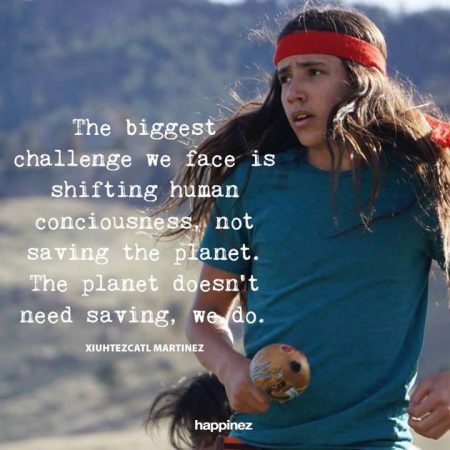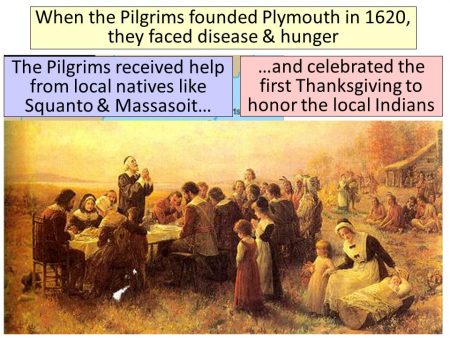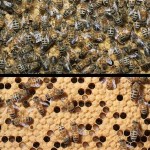October 28, 2017 – Here in Canada the federal government of the day has made one of its goals to reconcile with its Indigenous peoples including First Nations, Metis, and Inuit. In interactions with the Indigenous communities within the country, native wisdom in addressing climate change and living sustainably has been raised. The relationship with the land, nature, and Indigenous peoples, it has been pointed out, bears no resemblance to the people who came to Canada after the second wave of European explorers first arrived in the 16th century. The first wave, the Norse, arrived around 1,000 AD, but they appear to have abandoned their efforts to inhabit parts of North America within a few generations probably because of changing climate in the North Atlantic.
Indigenous people, before Europeans arrived, lived close to nature and the land. Land wasn’t owned individually, but collectively. That made all people stewards of the environment. Their observations of the cycles of nature were critical to collective survival. Collective wisdom allowed them to thrive for much of the time. But even Indigenous people from time to time were overwhelmed by circumstances created by themselves or by nature. For example, Mayan civilization clearly was impacted by climate and other forces leading to conflict and social collapse. And the Anasazi who lived in what today is the Southwestern United States also experienced similar disintegration as a result of local deforestation and prolonged drought.
But there is no doubt that the societies of hunter-gatherers, and farmers, that made up Indigenous societies in Canada prior to the arrival of Europeans had a much better understanding of humanity’s relationship with the natural world. They had a strong sense of the “commons,” that which is held in common for the good of all in the tribe. They synthesized generations of observations and shared what was learned beyond their individual tribal units and extended families. Knowledge of best practices spread throughout the native peoples of the continent. Without European science and the scientific method, they used the power of observation and education to both understand and spread the knowledge about the fine balance within ecosystems. If they didn’t a tribe could end up starving, or going to war just to get enough to eat. And when they modified the natural environment to ensure their cultural and social survival, their impact on the resources of the land didn’t overtax it and lead to depletion of vital food stocks.
Can what Indigenous peoples know be transferred to the Canada that exists today? Can the collective wisdom of a culture based on hunter-gatherers and native farming help to overcome the challenges that the modern iteration of a nation faces from issues such as climate change, resource exploitation and depletion, pollution, industrial farming, and urban population growth, and then help it move to a more sustainable model compatible with the environment?
Back when the Pilgrims first arrived to establish a European colonial outpost in the place they eventually named Massachusetts, a word borrowed from the Indigenous population that interacted with the colonists, the founding fathers of what would become the United States, in their mythology of Thanksgiving, described how interaction with the native population proved lifesaving.
These so-called, sophisticated Europeans, who sailed from England to the shores of North America, came with their own native wisdom but it was clearly insufficient to deal with an unfamiliar environment and climate. It is a wonder that any of these early colonists survived. But many did by tapping into the native wisdom of Indigenous societies surrounding them. Too bad this cultural knowledge and interaction couldn’t be sustained.
Some four centuries later all of North America has undergone a transformation brought to fruition by foreign know-how. Transplanted European social, cultural, and economic models have changed the land. These European ideas have spread across the planet. The result for all the citizens of the world is a mixed blessing of technological progress accompanied by disastrous changes in the health of the commons with carbon-based energy byproducts polluting the planet and raising atmospheric temperatures and sea levels. And although the modern nations of the world have recently come together in Paris to commit to mitigating these changes, so far, the effort is yielding more words than results.
Could the planet have been different if we had adopted the native wisdom of Indigenous North Americans?
It is more than certain that our world would be a very different place than the one our children are being born into today. We would have a greater respect for what we hold in common. And what is so interesting is that even European culture had historical roots in the idea of a collective commons, from which the word commonwealth is derived, and was once a European fixture of feudal society.
How should we define Indigenous knowledge concerning the environment?
Let’s take a stab at this. Is it a collection of experiences, practices, and beliefs that create adaptive processes, culturally transmitted over many generations?
Yes.
Does it encompass an understanding of our human relationship with all living beings within a locality – every animal, every tree and every other kind of plant?
Yes.
Can it have broader implications that go beyond locality?
Clearly.
Why?
Because Indigenous people in North America have been keen observers of the characteristics of native species of animals and plants around them. They have noted adaptation strategies as species respond to the annual cycles of the seasons and different weather.
Hibernation and migration required native North Americans both past and present to adjust behaviour to sustain their societies. Paying attention could mean the difference between prosperity or famine.
Today Indigenous populations tell us that all the data we collect about climate needs to be heavily supplemented by these personal observations from generations past to the present.
The Inuit of the north don’t have to measure the thickness of the sea ice to tell us about changing patterns in the Arctic Ocean. Nor do they have to do herd counts to state what they know about the declining populations of animals both on land and sea. They don’t need to measure the methane rising from permafrost melt to tell us that the ground beneath their feet is melting. They have been observing all of this over generations, passing down the collective wisdom of centuries.
It is apt to describe the collective wisdom of the Indigenous people of North America as a library of ethnobiological and botanical information. That from this lore we can create environmental and conservation policy. That we can learn about the unique characteristics of the plants and animals of North America to help us to be better environmental stewards and better planners of resource management. That we can adopt the strategies from Indigenous populations that have worked for centuries and that reflect best practices for adapting to the unique characteristics of North America.
It starts with listening, continues with respect, and ends with a better model for the management of our natural environment, leading to a more sustainable future to follow.

















